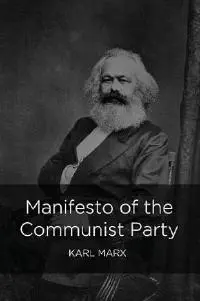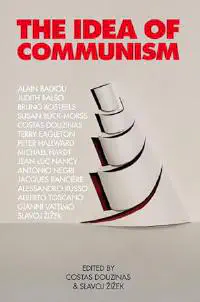Overview
Communism is a political and economic ideology that aims to establish a classless, stateless society where all property is collectively owned, and individuals contribute according to their abilities and receive according to their needs. This vision, developed by Karl Marx and Friedrich Engels in the 19th century, seeks to eliminate inequality and exploitation through the communal ownership of resources and production.
The ideology argues that capitalism inherently creates conflict between the bourgeoisie (owners of production) and the proletariat (working class), leading to social inequality. Communism proposes abolishing private ownership of the means of production—such as factories, land, and resources—to ensure that wealth and power are distributed equally across society.
In a communist society, governance would not rely on centralized state control but on collective decision-making and ownership. The end goal is a society without social classes, private property, money, or state institutions, where cooperation replaces competition as the organizing principle of economic and social life.
Communist parties and movements have historically sought to implement these principles by overthrowing capitalist systems and transitioning through a socialist phase. Socialism, in this context, is viewed as a necessary intermediary stage before reaching full communism.
One of the most significant events in the history of communism was the Bolshevik Revolution in Russia in 1917, which led to the formation of the Soviet Union. Since then, countries such as China, Cuba, Vietnam, and North Korea have adopted variations of communism, while numerous communist parties and movements continue to exist globally, either in power or as political opposition.
In Context
A spectre is haunting Europe – the spectre of communism. All the powers of old Europe have entered into a holy alliance to exorcise this spectre: Pope and Tsar, Metternich and Guizot, French Radicals and German police-spies.
Where is the party in opposition that has not been decried as communistic by its opponents in power? Where is the opposition that has not hurled back the branding reproach of communism, against the more advanced opposition parties, as well as against its reactionary adversaries?
The immediate aim of the Communists is the same as that of all other proletarian parties: formation of the proletariat into a class, overthrow of the bourgeois supremacy, conquest of political power by the proletariat.
The abolition of existing property relations is not at all a distinctive feature of communism. All property relations in the past have continually been subject to historical change consequent upon the change in historical conditions.
The French Revolution, for example, abolished feudal property in favour of bourgeois property. The distinguishing feature of Communism is not the abolition of property generally, but the abolition of bourgeois property. But modern bourgeois private property is the final and most complete expression of the system of producing and appropriating products, that is based on class antagonisms, on the exploitation of the many by the few.
In this sense, the theory of the Communists may be summed up in the single sentence: Abolition of private property.
Communism deprives no man of the power to appropriate the products of society; all that it does is to deprive him of the power to subjugate the labour of others by means of such appropriations.
Question 2: What is the aim of the Communists?
Answer: To organise society in such a way that every member of it can develop and use all his capabilities and powers in complete freedom and without thereby infringing the basic conditions of this society.
After almost forty years, the Communist movement is like a museum of radical politics. In its various stages, it has virtually been all things to all men. All kinds of men and women have been able to find in it almost anything they have wanted to find.
In political terms, it has been “Left” and “Right,” “sectarian” and “opportunist,” “extremist” and “moderate.” It has been a small sect and a rather large organization. It has been almost totally isolated from American life, and it has enjoyed broad influence out of all proportion to its numbers. It has operated under illegal, underground conditions, and it has flourished legally and openly. It has been shunned by other parties and groups, and its support has been welcomed by the most powerful and respectable institutions. The outward appearance and behavior of individual Communists, the discipline and type of activity expected of them in the party, the very language or expressions in vogue from time to time, have changed sharply with the changing political “line.”
It is essential today to understand that ‘communist’ can no longer be the adjective qualifying a politics. An entire century of experiences both epic in scope and appalling was required to understand that certain phrases produced by this short-circuiting between the real and the Idea were misconceived, phrases such as ‘communist party’ or ‘communist state’ - an oxymoron that the phrase ‘socialist state’ attempted to get around. The long-term effects of the Hegelian origins of Marxism are evident in this short-circuiting.


